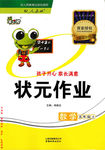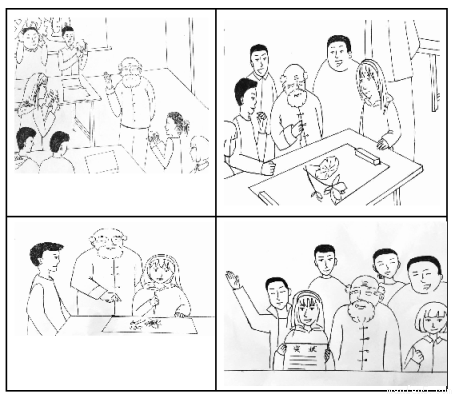题目内容
When you first arrive in Oxford, it may take a little while for you to find your way around. Some of the first things our students do when they arrive include finding a bike (most students in Oxford find cycling is the best way to go around), setting up a bank account, getting their computer and mobile phone working, finding their department, getting to know their college and working out the best places to socialize.
One of the major events you will experience shortly after “coming up” to Oxford is matriculation. Matriculation is held at the University’s Sheldonian Theatre and is the ceremony at which you are formally admitted to the university.
International students are invited to an orientation day at the start of the academic year. Sessions run throughout the day that will give you practical information about living and studying in the UK and introduce you to other graduate students from all over the world who are starting their studies at Oxford at the same time as you, as well as to current Oxford graduate students and staff who will be able to help and advise you. The day covers topics such as studying and learning in the Oxford system, University services, information on living in Britain and cultural differences, as well as addressing practical issues such as employment, immigration and visas, health and safety. You can choose which talks to attend and at the end of the day there is a social hour so you can meet fellow students.
Another good thing to experience early is college dining. Most colleges have a tradition of regular formal hall dinners, which consist of three or four courses, and the atmosphere of an evening out in a nice restaurant. On some of these occasions you can invite people around to your college for dinner and then they may return the favor. In this way, you can get to know people studying your own and other subjects at the same time as visiting many of the historical college grounds and dining halls.
1.For a newcomer to Oxford, what does he have to do first?
A. To work out what to major in.
B. To open a qq account.
C. To get a bike to go around.
D. To buy a new mobile phone.
2.What is matriculation?
A. A special day for International students to start academic year.
B. A ceremony when students are formally admitted to Oxford.
C. Performances held at the Sheldonian Theatre.
D. The best places to socialize.
3.Which talk can students attend on the orientation day?
A. Studying in the Cambridge system.
B. Talks on how to meet fellow students.
C. Practical issues like employment, immigration, and health.
D. University services about the life in Britain and cultural similarities.
4.What does the underlined part in paragraph 4 probably mean?
A. Treating you to dinner.
B. Visiting historic college in return.
C. Studying the subjects with your friend.
D. Showing you around the college.
 优百分课时互动系列答案
优百分课时互动系列答案 开心蛙状元作业系列答案
开心蛙状元作业系列答案

